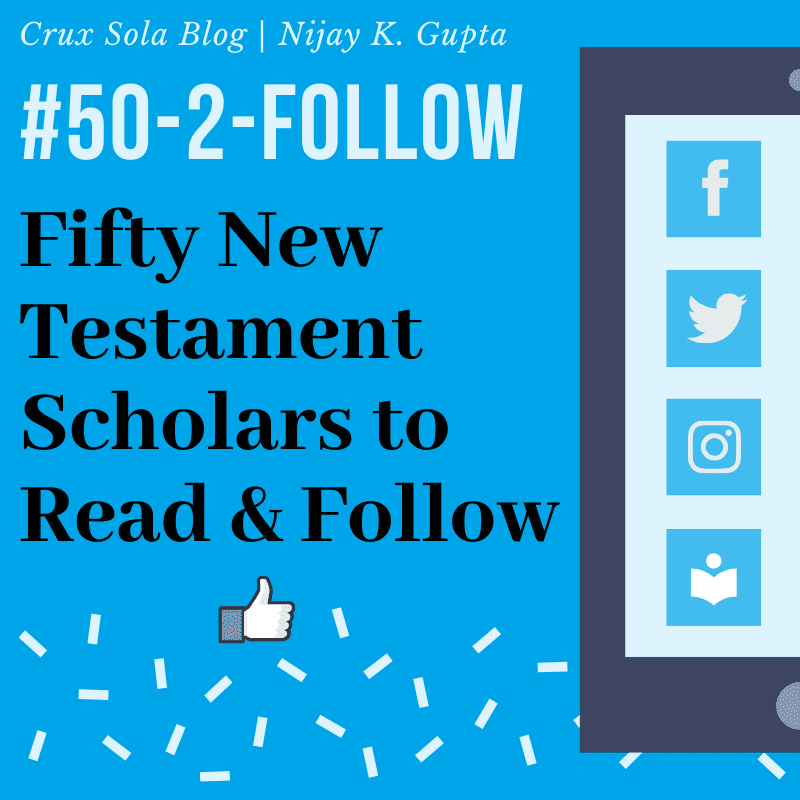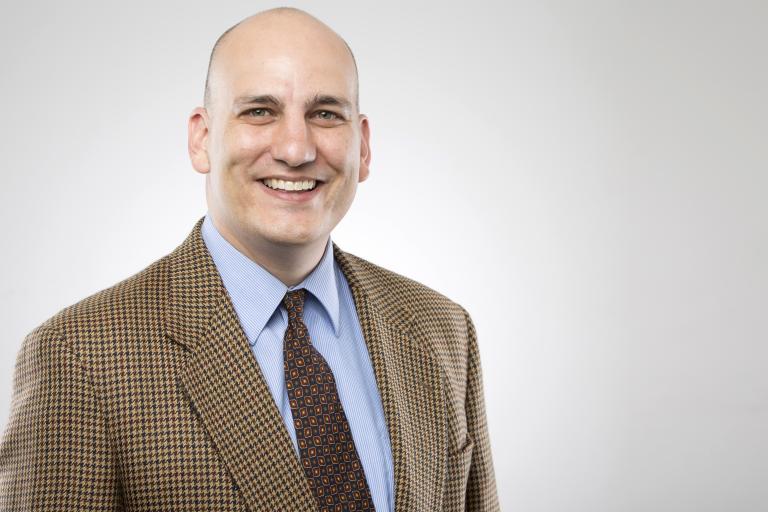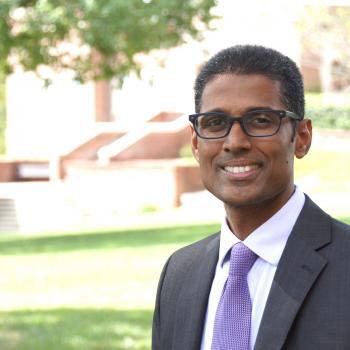This blog series spotlights 50 NT scholars and their research. The goal of this series is to introduce readers to a wider circle of scholarship than they have encountered. The majority of people on this list are early or mid-career NT scholars who are doing great research and writing.
Introducing
Ben Blackwell
Associate Professor of Early Christianity
Houston Theological Seminary
Explain why you love teaching and/or writing, and why it brings you vocational satisfaction.
It is an honor and a pleasure for me to participate in the wider conversation that church has been having over the past two millennia about how to faithfully follow Christ in this world. I love to consider the voices and explore the diversity of ways that Christians have embodied their faith and engaged the NT throughout history. It is truly satisfying to participate in that conversation in my own way and to guide others to understand their heritage and to embody the faith in our generation. In my current setting, I have the ability to teach advanced graduate students and supervise research as well as teach those who have never read the Bible before. I count it an honor to help those at each level to consider something new and substantial.
What is one “big idea,” emphasis, or theme in your scholarship that you hope impacts the way students and scholars read and understand the NT?
I suppose I would be most known as an advocate for a “participationist” approach to theology. At the heart of the Bible is God’s promise that “I will be your God, you will be my people, and I will dwell in your midst.” That life-giving encounter with God serves as the foundation of the OT through the NT. Patristic theologians described this as theosis (or deification) in that as we encounter God, we participate in God’s life. At the heart of this approach is the view that there is a telos for humanity from creation and the story of the Bible shows how that telos is ultimately achieved in Christ and through the Spirit, as such this participation in the life of God is both Trinitarian and eschatological in orientation.
Who is your academic hero and why?
So many people have influenced me, but in short I would choose Richard Hays, John Barclay, and N.T. Wright.
Name a few academic books that were formative for you as a student.
 Gordon Fee’s Paul, the Spirit, and the People of God.
Gordon Fee’s Paul, the Spirit, and the People of God.
N.T. Wright’s Paul: In Fresh Perspective.
Mark Reasoner’s Romans in Full Circle.
Read Blackwell’s Work
Paul and the Apocalyptic Imagination (co-edited)
For the role of bringing together biblical and historical/systematic theology, Engaging Theology: A Biblical, Historical, and Practical Introduction.
Also, check out the Reading in Context series I’ve co-edited with Zondervan Academic.
Follow Blackwell ONLINE
Blackwell blogs @ Dunelm Road
“Paul and His Jewish Background” (Video Panel with Blackwell and Others)
“How Should We Read Romans?” (Video Panel with Blackwell and Others)
Follow Blackwell on Social Media
If you ran into me at SBL, and you didn’t want to talk about New Testament studies, what would you want to talk about?
Our family devotes our spare time to board gaming.
What is a research/writing project you are working on right now that you are excited about?
I’m working on a monograph on justification in relation to resurrection and the Spirit. I’m aiming to show how justification is both a status declaration and participation in life as a new covenant promise. I hope to finish it by the end of 2020, and it will be published with Eerdmans.






















